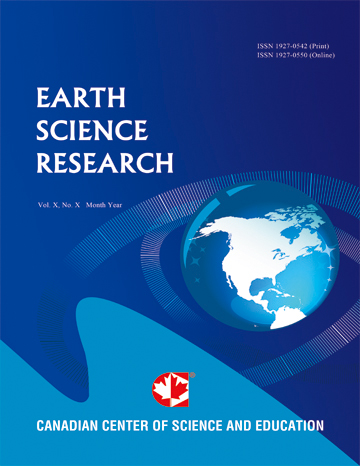Economic Potential of Gold in Batouri (Eastern Cameroon)
- Tchouankam Klorane Junie
- Mbog Michel Bertrand
- Bayiga ElieConstant
- Tassongwa Bernard
- NgonNgon Gilbert François
- Apouamoun Yiagnigni Roland
- Kenfack JeanVictor
- Etame Jacques
Abstract
The aim of this work is the valorization of the economic potential of gold in the Batouri region. The study is undertaken on five sites of which two alluvials (Djengo and Mongonam localities) made up of flat and river gold, two eluvials (Kambele and Bote) containing gold of veins in quarries, and one semi mechanized exploitation (METALICON) working on the two previous types. Laboratory works consist of traditional melting, determination of the various grades of gold through densimetry and spectrometry analysis and refining using the Miller Chloration method. The main results from these analyses are: i) recovery concentration is low, (about 0.5 g/t) for the traditional mining and higher with the semi mechanization (1.5-2 g/t). Densimetry and spectrometry analyses show that gold of semi mechanized sites has an average grade of about 24 carats, 22 carats and 20 for alluvial and eluvial gold respectively. ii) For 26 kg of gold refined, a weight of 16.681 kg is obtained at a cost of 4 051 946 (four million fifty one thousand and nine hundred forty six) CFA F. Spectrometry analyses reveal the presence of silver and copper impurities, elements that can still be valorized through the presence of a gold refining unit. Hence, the absence of a gold refining unit in our country leads to poor transformation of its ores and loss of devices.
- Full Text:
 PDF
PDF
- DOI:10.5539/esr.v9n2p21
Index
Contact
- Lesley LuoEditorial Assistant
- esr@ccsenet.org
